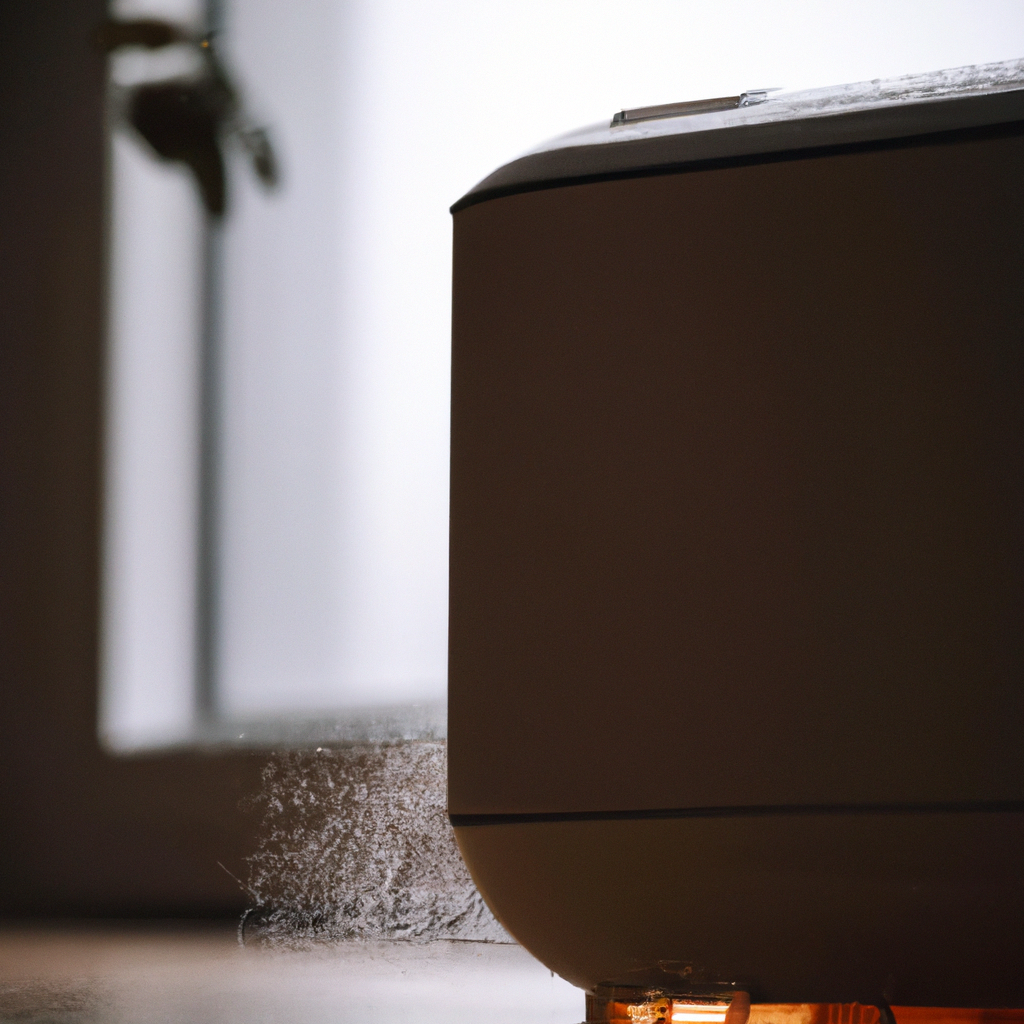In today’s fast-paced world, where we spend most of our time indoors, the quality of the air we breathe is of utmost importance. We often overlook the impact that humidity levels can have on indoor air quality. Excessive moisture in the air can lead to a host of problems, including mold growth, musty odors, and even respiratory issues. This is where a dehumidifier comes into play. Surprisingly, a dehumidifier can play a vital role in improving indoor air quality. In this article, we will explore how a dehumidifier works and why it is an essential tool in maintaining a healthy living environment.

Understanding Indoor Air Quality
Before delving into the benefits of using a dehumidifier, let’s first understand the concept of indoor air quality (IAQ). IAQ refers to the quality of the air within and around buildings and structures, especially as it relates to the health and comfort of occupants. Poor IAQ can lead to various health issues, including allergies, asthma, and respiratory infections.
The Role of Humidity in Indoor Air Quality
Humidity, or the amount of moisture present in the air, plays a significant role in maintaining a healthy indoor environment. High humidity levels can create an ideal breeding ground for mold, mildew, and dust mites. These allergens can trigger allergies and respiratory problems, especially in individuals with pre-existing conditions.
On the other hand, low humidity levels can cause discomfort, leading to dry skin, irritated eyes, and respiratory irritation. The ideal humidity range for indoor spaces is generally considered to be between 30% and 50%. Anything above or below this range can have adverse effects on both our health and the structural integrity of our homes.
How a Dehumidifier Works
A dehumidifier is a device designed to remove excess moisture from the air. It works by drawing in humid air, passing it over cold coils, and condensing the moisture into a collection tank. The dry air is then released back into the room, effectively reducing the overall humidity level.
There are two main types of dehumidifiers available on the market: refrigeration dehumidifiers and desiccant dehumidifiers. Refrigeration dehumidifiers are the most common type and work by cooling the air to condense the moisture. Desiccant dehumidifiers, on the other hand, use a moisture-absorbing material to extract moisture from the air.
Benefits of Using a Dehumidifier
Now that we understand how a dehumidifier functions, let’s explore the numerous benefits it provides in improving indoor air quality:
1. Mold and Mildew Prevention
Excessive humidity levels create an ideal breeding ground for mold and mildew, which can thrive in damp environments. These fungi not only cause unpleasant odors but also release spores into the air, potentially triggering allergies and respiratory problems. By maintaining optimal humidity levels with a dehumidifier, you can effectively prevent mold and mildew growth, thereby improving indoor air quality.
2. Allergen Control
Dust mites, another common indoor allergen, thrive in humid conditions. These microscopic creatures feed on dead skin cells and can cause allergic reactions in sensitive individuals. By reducing humidity levels, a dehumidifier helps control dust mite populations, reducing the risk of allergies and associated health issues.
3. Odor Reduction
Musty odors are often associated with high humidity levels and the presence of mold and mildew. These unpleasant smells can permeate the air and make the indoor environment uncomfortable. By removing excess moisture, a dehumidifier eliminates the source of these odors, leaving your space fresh and inviting.
4. Improved Respiratory Health
Excessive moisture in the air can lead to increased humidity levels, creating an environment conducive to respiratory problems. Individuals with asthma, allergies, or other respiratory conditions are particularly vulnerable to the effects of poor indoor air quality. By controlling humidity with a dehumidifier, you can minimize respiratory irritants and improve overall respiratory health.
5. Enhanced Comfort
High humidity levels can make a room feel stuffy and uncomfortable, especially during hot summer months. By reducing humidity, a dehumidifier helps create a more pleasant indoor environment, allowing you to enjoy greater comfort and relaxation.
6. Protection for Furniture and Belongings
Excess moisture in the air can wreak havoc on your furniture, electronics, and other belongings. Wooden furniture, for example, can warp and develop mold when exposed to high humidity levels. By using a dehumidifier, you can protect your valuable possessions from the damaging effects of excess moisture.
7. Structural Integrity
Moisture can also impact the structural integrity of a building. Excessive humidity levels can lead to rot, decay, and the growth of mold on walls, ceilings, and other surfaces. By maintaining optimal humidity levels with a dehumidifier, you can safeguard the structural integrity of your home, potentially saving on costly repairs in the long run.
Conclusion
In conclusion, a dehumidifier plays a crucial role in improving indoor air quality by effectively controlling humidity levels. By preventing mold and mildew growth, reducing allergens, eliminating odors, and improving respiratory health, a dehumidifier provides a wide range of benefits. Additionally, it enhances comfort, protects furniture and belongings, and preserves the structural integrity of your home. If you are concerned about the quality of your indoor air, investing in a dehumidifier is a wise decision. Take control of your environment and breathe easy with the help of a dehumidifier – your gateway to a healthier and more comfortable living space.
Remember, maintaining optimal indoor air quality is a continuous process. Regular maintenance of your dehumidifier, such as cleaning filters and emptying the collection tank, will ensure its optimal performance. With the right dehumidifier and proper care, you can create a healthier and more enjoyable living environment for yourself and your loved ones.
